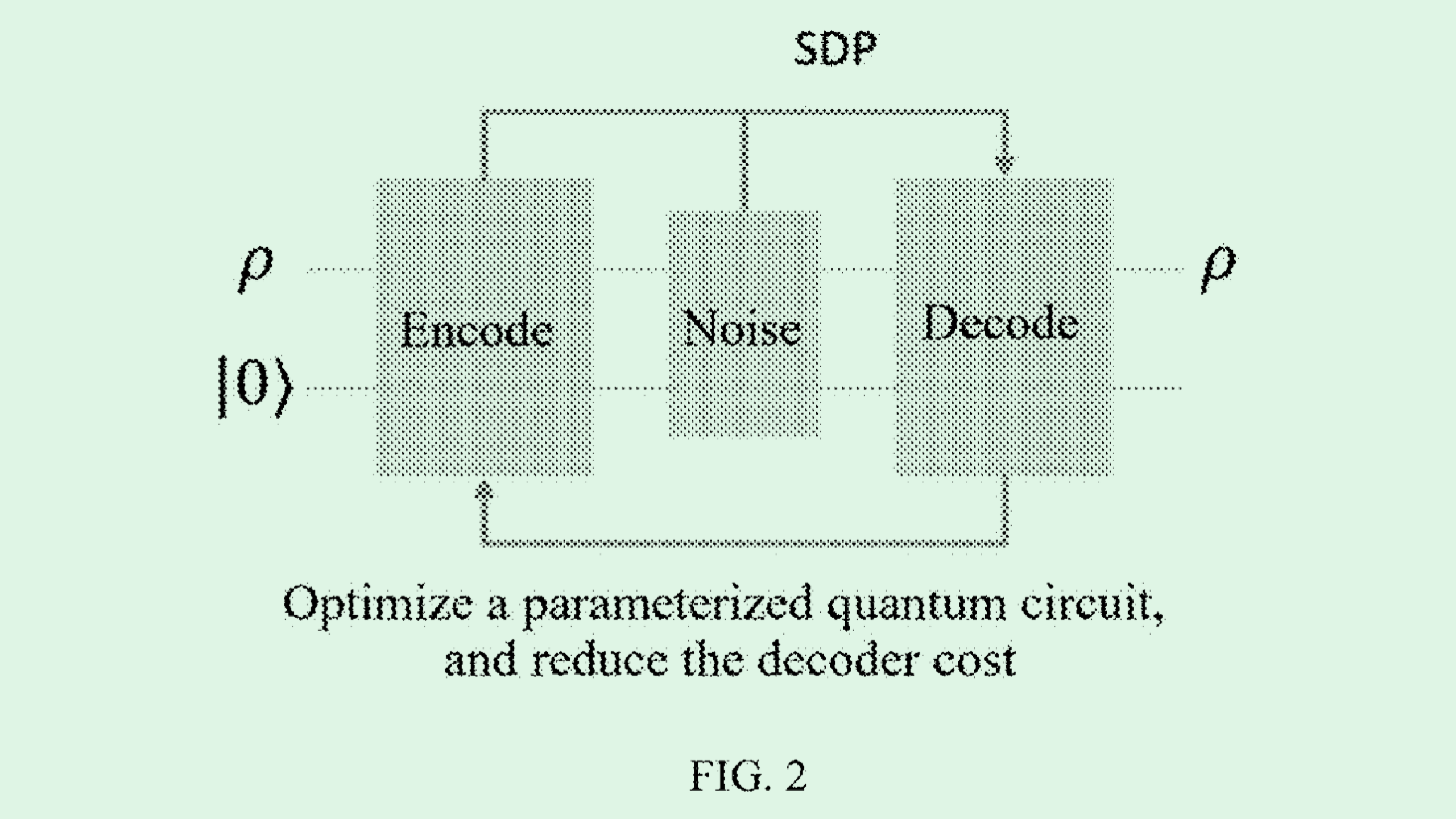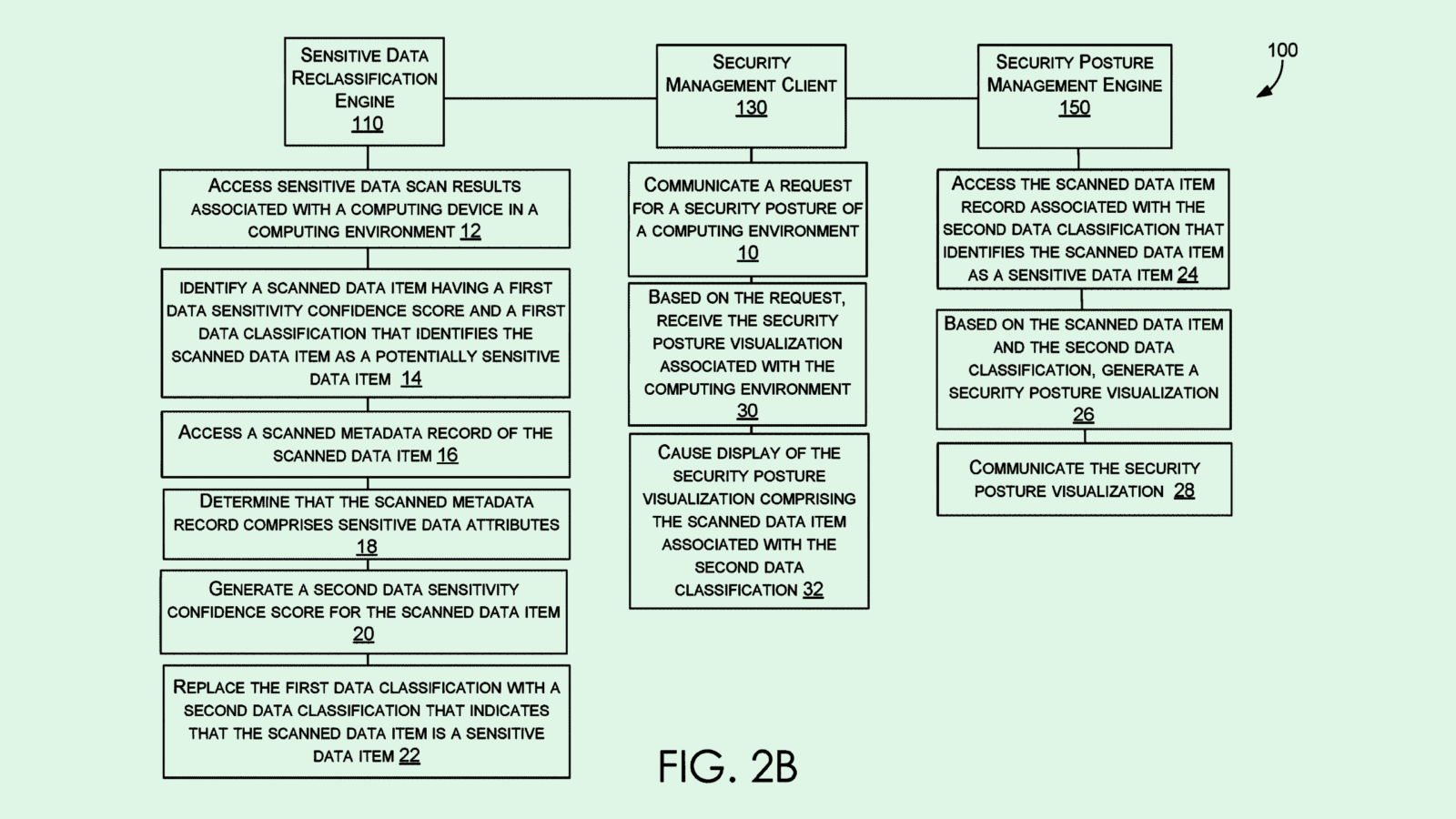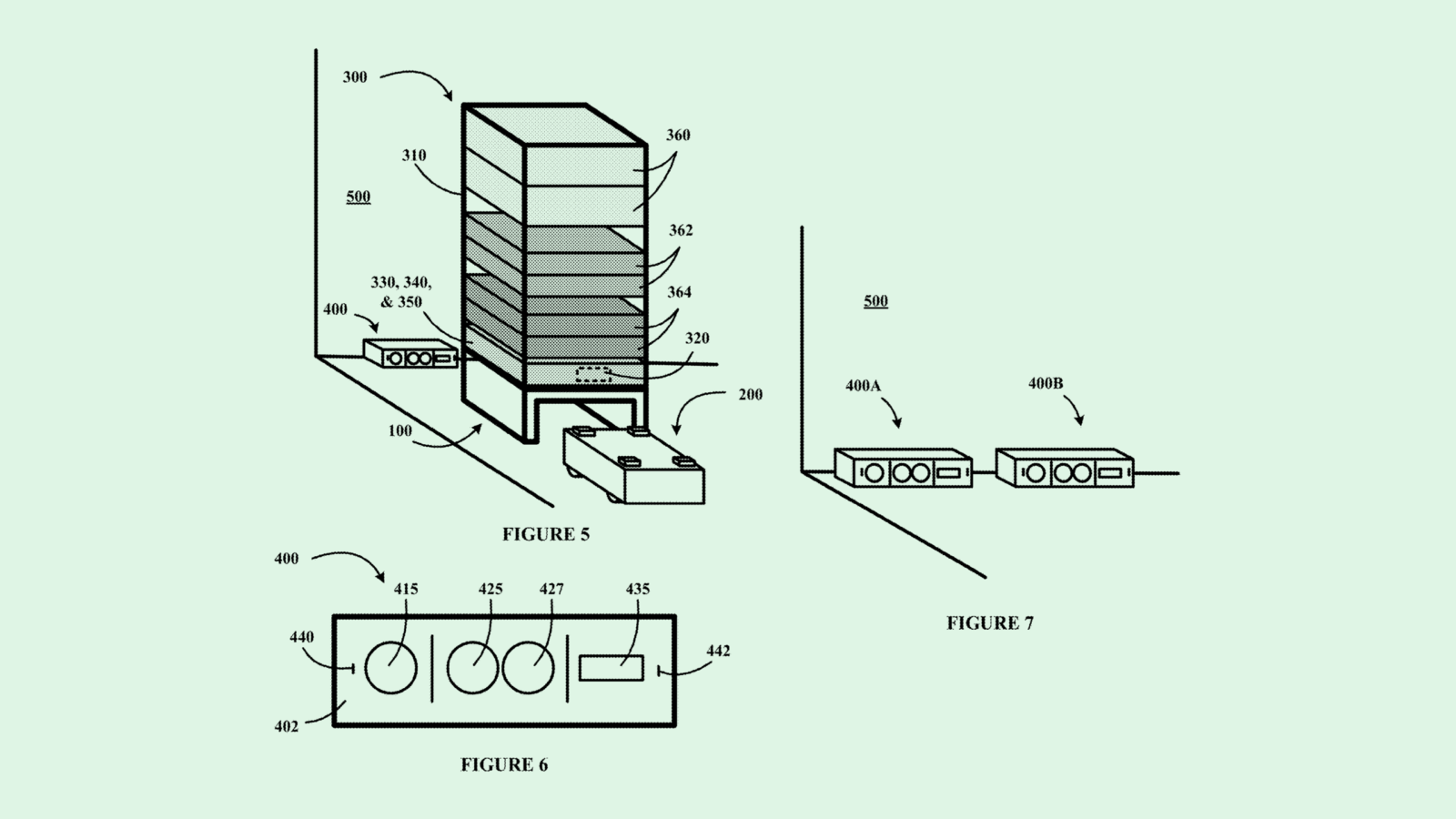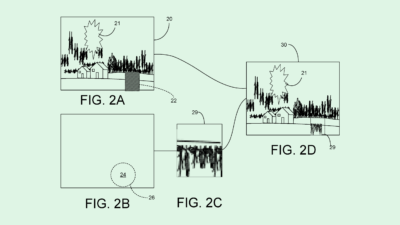Baidu’s Quantum Patent Offers a Look at Shelved Innovations
Though the company ditched quantum in January, many tech firms still see major promise.

Sign up to uncover the latest in emerging technology.
Quantum computers have trouble focusing if the vibe is off. A Baidu patent could give “qubits” noise-canceling headphones.
Though Baidu donated its quantum computing lab in January to the Beijing Academy of Quantum Information Sciences, an August patent application for a method to cancel “quantum noise” could help researchers overcome a major hindrance in scaling the tech.
Noise in quantum computing doesn’t literally mean sound, but rather any unwanted or unpredictable disturbance that can knock a quantum computer “decoherence,” or a state in which the quantum bits (qubits) are entangled and knocked out of balance. This could be anything from heat to vibrations to human error by the engineers themselves.
Some examples of noise are heat dissipation from the qubits, which can cause temperature fluctuations in the surroundings of the computer and induce errors, physical vibrations in the environment, imperfections in the hardware or human error by the engineers themselves.
“Quantum computer technology has developed rapidly in recent years, but in the foreseeable future, a noise problem of a quantum computer is inevitable … which leads to failure of a computation process,” The filing noted.
Here’s how the system works: Once the quantum computer is set up with a certain number of primary qubits and “auxiliary” support qubits, an “encoding circuit” with an adjustable parameter that can interact with both is introduced as the main tool to counteract the noise. Then the system maps out a mathematical formula that adjusts the encoding circuit and the qubits in a way that brings the quantum computer as close as possible to its original state, thereby canceling out the effect of the noise.
If this sounds a bit esoteric, imagine your quantum computer is a cake in which you accidentally crack too many eggs. Rather than chucking it and starting over, you adjust your recipe and compensate by adding in more of the other ingredients to balance it out. In this example, the extra eggs are the noise, and the recipe adjustment is the mapped formula, and the additional ingredients are the encoding circuit.
This patent aims to offer an alternative to the two conventional ways of dealing with noise: quantum error correction and quantum error mitigation.
Quantum error correction adds redundant qubits specifically dedicated to accounting for noise. But more qubits can create a higher propensity for error, as well as requiring more computing resources, making this method difficult to scale. Meanwhile, quantum error mitigation relies on predicting and controlling the sources of noise, such as the environment or temperature, which isn’t always effective or even possible.
Overcoming noise will be a major win in being able to scale quantum computers to more than a few hundred qubits and put the tech to practical use. But noise isn’t the only issue that quantum computers face. Resources both for quantum hardware and software are limited, and talent is in short supply. And in order to even work properly, these machines need to be kept at extremely cold temperatures, which itself can be a huge drain on resources.
However, moving past these obstacles could unlock precise and powerful computing that can do anything from accelerating AI to discovering new drugs to picking stocks. And while Baidu followed Alibaba’s lead in dropping out of the quantum computing race, many tech firms still see major promise.
Google and IBM both operate their own quantum hardware. Microsoft and Amazon, meanwhile, offer quantum cloud computing, and Amazon recently sought to patent “quantum computing task translation” as a way to bolster its tech.
The financial sector sees its potential, too, with JPMorgan Chase seeking to patent “quantum computing-assisted portfolio selection” and HSBC is partnering with Quantinuum to find real-world use cases for the tech. According to Deloitte, the financial services industry alone is expected to spend $19 billion a year on quantum technology by 2032.











